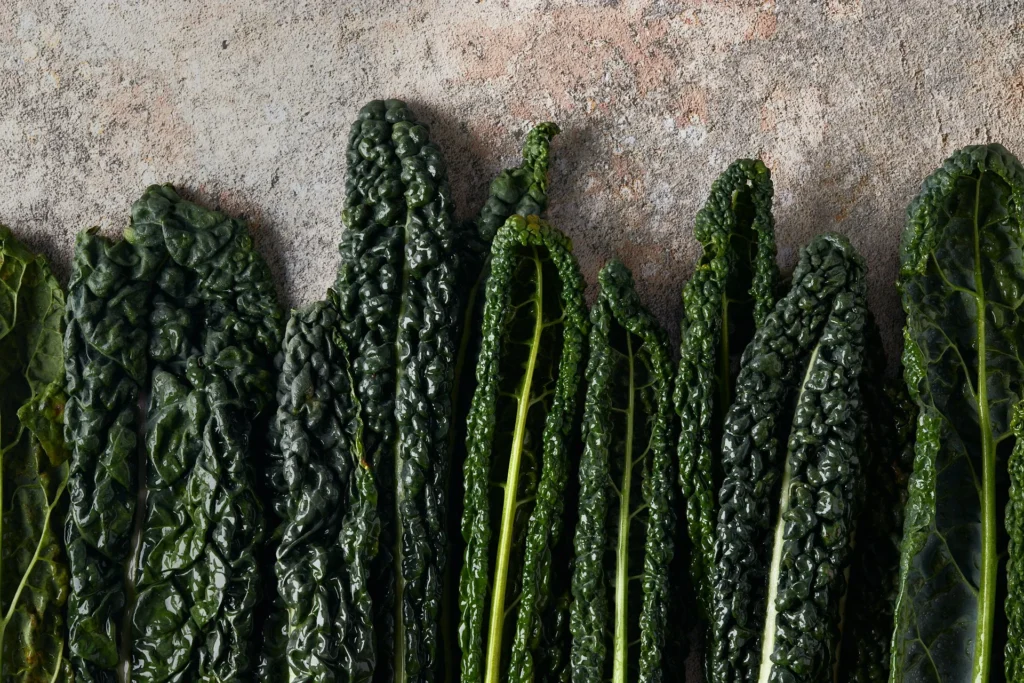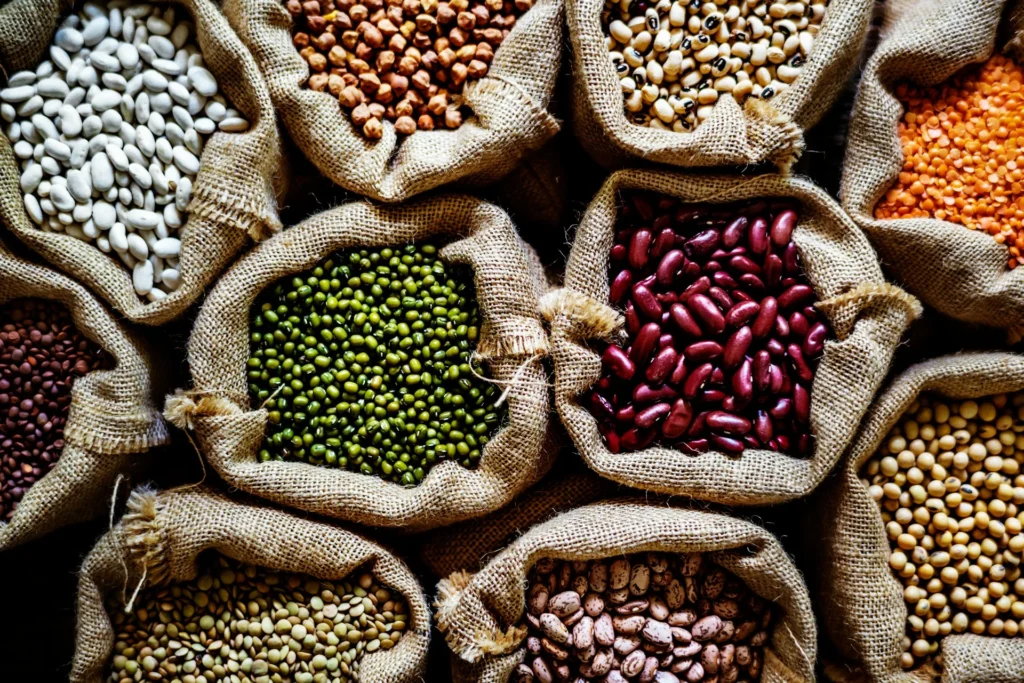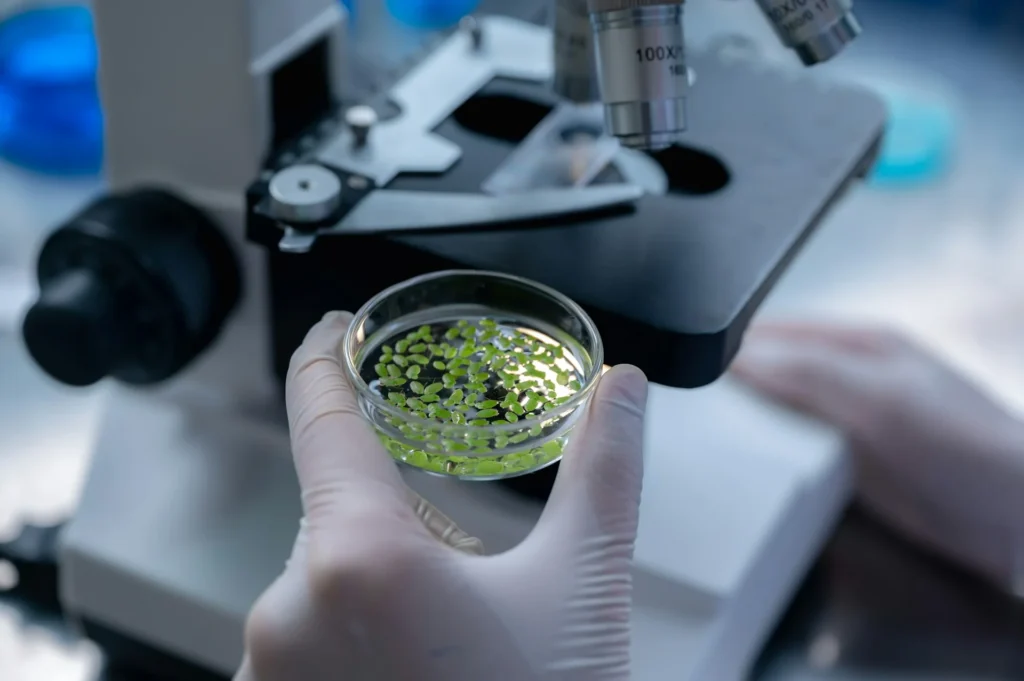What is a “plant-based diet” or ” vegan diet”? Most people will answer that it is a diet that excludes all types of meat and other foods of animal origin. But to define it solely on the basis of this criterion, which simply excludes certain foods, is incorrect: if that were the case, under this umbrella we could fit a great many dietary choices, even the most restrictive or extravagant ones, including, for example, eating only fruit or feeding an infant only almond milk, or eating only salad, or only apples, etc.
A plant-based or vegan diet, on the other hand, should be defined on the basis of what it includes, not what it excludes: it should include all kinds of human-edible foods belonging to the plant kingdom, from the different food groups, namely grains, legumes, fruits, vegetables, and nuts.
Diets that, in addition to vegetables, include small amounts of indirect animal foods, i.e., dairy and eggs, are called lacto-ovo-vegetarian (a term that also includes lacto-vegetarian and ovo-vegetarian subvariants). It is important to point out that, in scientific literature, the term “vegetarian diet” includes all variants of meat- and fish-free diets, thus both vegan and lacto-ovo-vegetarian diets.
Therefore, vegetarian (hence vegan or lacto-ovo-vegetarian) diets should not be confused with the various restrictive diets that limit the variety of plant foods, excluding some foods from one or more groups (such as solanaceous and sweet foods in plant-based macrobiotics and many types of legumes in crudist) if not even whole groups (as in fruitarian, which calls for the consumption of only fruits, nuts and seeds, and fruiting vegetables). These diets may not be nutritionally adequate because they may lack the variety and completeness of standard plant-based diets.
The reduction of animal foods from the diet of Italians represents a growing trend. According to the most recent EURISPES estimates, people claiming to be vegetarian represent 9.5 percent of the Italian population, divided into lacto-ovo-vegetarians (7.2 percent) and vegans (2.3 percent).
But why are more and more people choosing to follow a vegan diet? And what is the difference between lacto-ovo-vegetarian and vegan diet in terms of health, ecology and ethics?
WHEREAS, any step taken by the individual that goes in the direction of reducing any kind of animal food from their diet is more than commendable, let us quickly examine the main reasons for this choice.
1-ETHICAL MOTIVATION: Eating animals involves being complicit in their suffering and death. Therefore, reducing or eliminating all kinds of meat, including fish meat, reduces animal suffering. But wanting to be consistent, it should be remembered that even the raising of animals for milk and egg production involves their exploitation, to the point of causing their death by slaughter when they are no longer productive (in which case meat is a by-product of the milk and egg industry) or by organic wasting when they are completely exhausted, or from diseases contracted in the farming process. Not to mention all the other sectors that benefit from the waste of this production, such as the leather and pet-foods industries. So the greater the elimination of animal foods from the diet the fewer animals will be martyred.
2-HeALTH-PROTECTION: Animal foods, far from being indispensable, carry nutrients and compounds that are detrimental to health: red and processed meat, animal fats and proteins, iron-eme, and substances generated during cooking have all been linked to an increased risk of chronic non-communicable diseases (cancer, obesity, diabetes, vascular disease). In contrast, there are many studies that support the protective effects of plant foods, which are rich in health benefits such as fiber, fats, and plant proteins. It is now well established that the health of vegetarians is better than that of non-vegetarians, and this is thought to be attributable precisely to the better ratio, found in vegetarian diets, between beneficial and detrimental elements to health. Many studies have looked at “vegetarians” in an undifferentiated way, that is, including both lacto-ovo-vegetarians and vegans in the sample. But studies in which vegans have been analyzed separately from lacto-ovo-vegetarians show that health benefits are higher in vegans.
3-EnVIRONMENTAL WASTE: The production of animal foods involves a waste of resources, since in order for the animal to grow until it has reached the target weight for slaughter, or to become productive, resources are needed (specially grown feed, land for grazing or growing the feed, water, energy, various chemicals used in cultivation and breeding), and in the process polluting wastes are produced (mainly greenhouse gases but also sewage and chemical wastes). The disproportion in the transformation of plant foods into animal foods is enormous; it is a loss-making process with very high costs, which could be avoided if we consumed plant foods directly instead of preferring their transformation into animal foods. This transformation process can only continue to exist because its costs are externalized onto the environment and the community (see subsidies to farmers, compensation to communities for the consequences of environmental devastation due to climate change, all paid for by the state and thus by us taxpayers with our taxes). Even the Mediterranean diet, a passe to securitize citizens about the sustainability of animal food consumption, was shown in a recent study to have a far greater impact on the environment (+78%) than a vegan diet.
In conclusion, reducing or eliminating animal foods from the diet is a choice that will produce positive effects on human, animal and environmental health, fully meeting the criteria defined by the one health approach, which recognizes that human health, animal health and ecosystem health are inextricably linked . Choosing one’s own food is an individual action that does not require permits, authorizations, is at zero cost (in fact, lower, because a vegan diet costs less than an omnivorous one) and above all represents the most powerful choice in the hands of the individual consumer.







